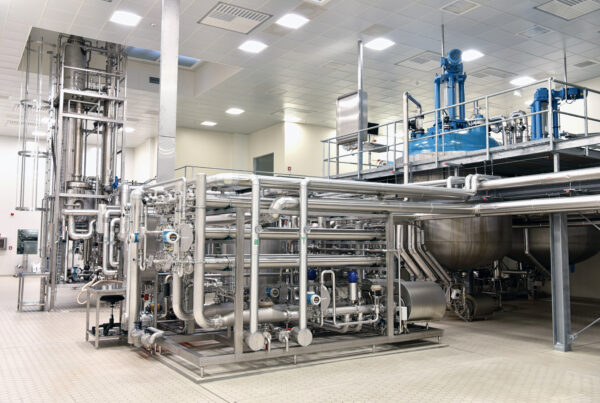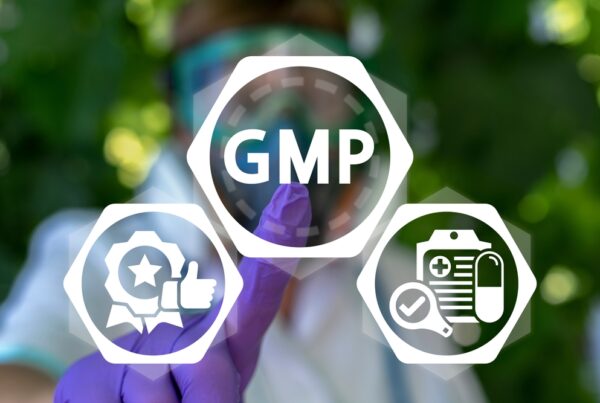Burgeoning Data The amount of data generated daily has grown exponentially in recent history. According to an article by Fabio Duarte, almost 329 million terabytes of data are generated each day, totaling 120 zettabytes annually (1 zettabyte = 1,000,000,000,000,000,000,000 bytes). Sensors on manufacturing equipment generate data based on current conditions and equipment performance. IoT devices can process this data to make immediate adjustments for optimal performance, quality, and regulatory compliance. Processing this “big data” efficiently can be a major source of competitive advantage for pharma companies. Big Data Analytics Aggregated data generated by equipment-bound sensors can differ from the data found in traditional datasets and processed by analytical methods. Traditional analysis focuses on static data and historical trends but is less effective with high-volume, real-time data. Data veracity is vital to transforming data into usable information; big datasets have a huge pool of data to offset outliers and reduce human error during analysis. Big data frameworks like open-sourced Hadoop and…







